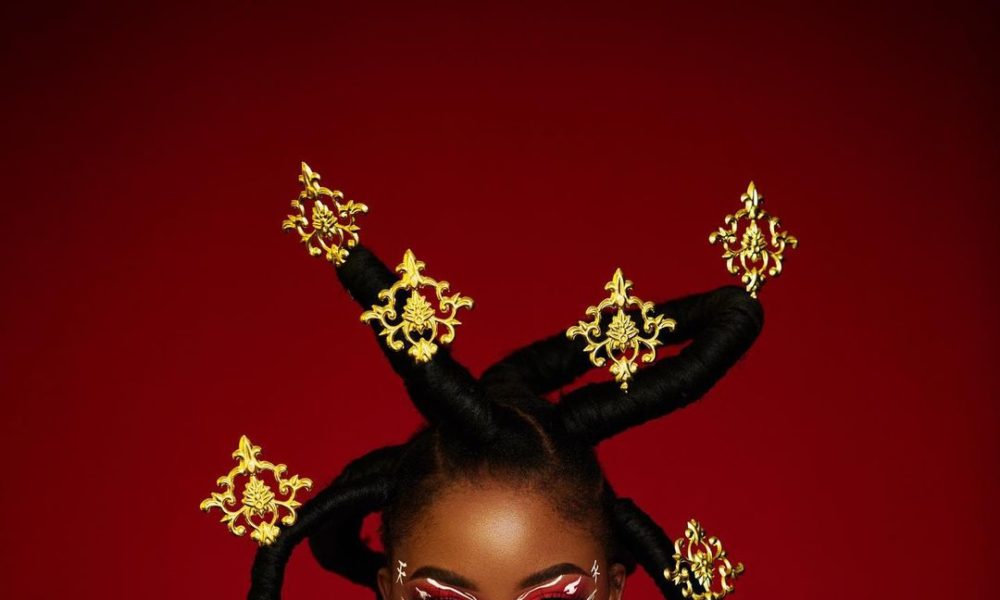Halloween, once seen as a purely Western celebration, has quietly found a place in Nigeria’s growing pop-culture landscape. What began as a foreign tradition rooted in superstition and costume play has now evolved into a social event redefined by Nigerian youth, nightlife promoters, and creative communities. As global culture becomes more connected through social media and entertainment, Halloween has transformed from a Western ritual into a local experience of self-expression, creativity, and fun.
In Lagos, Abuja, and other major cities, October now brings more than just anticipation for the year’s end it signals the season of themed parties, elaborate costumes, and cultural debates. Clubs, lounges, and event organizers have turned Halloween into an opportunity to host some of the biggest parties of the year. Influencers, stylists, and makeup artists also tap into the trend, using the occasion to showcase artistry and innovation. From zombie-inspired looks to movie character recreations, the celebration has become a stage for Nigeria’s creative youth to express imagination and personality in ways not often encouraged in traditional settings.
But Halloween in Nigeria also raises questions about cultural authenticity. Critics often argue that the celebration reflects a growing obsession with Western lifestyles, eroding traditional values and customs. For some, it feels disconnected from the country’s realities, a display of borrowed identity rather than cultural adaptation. Yet, for others, this global exchange represents modern Nigeria itself: bold, expressive, and unafraid to experiment. Just as Afrobeats fused local rhythms with global influences, Nigerian youth are blending imported traditions with local context to create something uniquely theirs.
The entertainment industry has also embraced the movement. Celebrities host annual Halloween parties, brands sponsor themed events, and fashion stylists now plan months ahead for elaborate looks. Social media amplifies it all every costume, dance, and themed shoot becomes content. Platforms like TikTok and Instagram have turned Halloween into a viral opportunity, allowing Nigerians to join global trends while adding their local flair. In this sense, Halloween isn’t just about costumes; it’s a performance of cultural belonging in a digital world.
Still, there’s a balance to be found. While adopting global celebrations like Halloween can foster creativity and inclusivity, it’s important to also celebrate local festivals that reflect Nigeria’s diverse heritage. The same enthusiasm seen in Halloween parties could enrich indigenous celebrations like the Osun-Osogbo Festival, New Yam Festival, or Durbar. The goal isn’t to reject global culture, but to integrate it thoughtfully celebrating what’s new without forgetting what’s ours.
Ultimately, Halloween in Nigeria reflects a broader truth about culture today: it is fluid, global, and constantly evolving. The younger generation is redefining identity through fashion, art, and entertainment choosing to express themselves in ways that feel both modern and Nigerian. Whether embraced for fun or criticized for foreignness, Halloween has undeniably become a small but vibrant part of Nigeria’s urban culture, blending global influence with local energy.


Leave a Reply